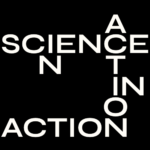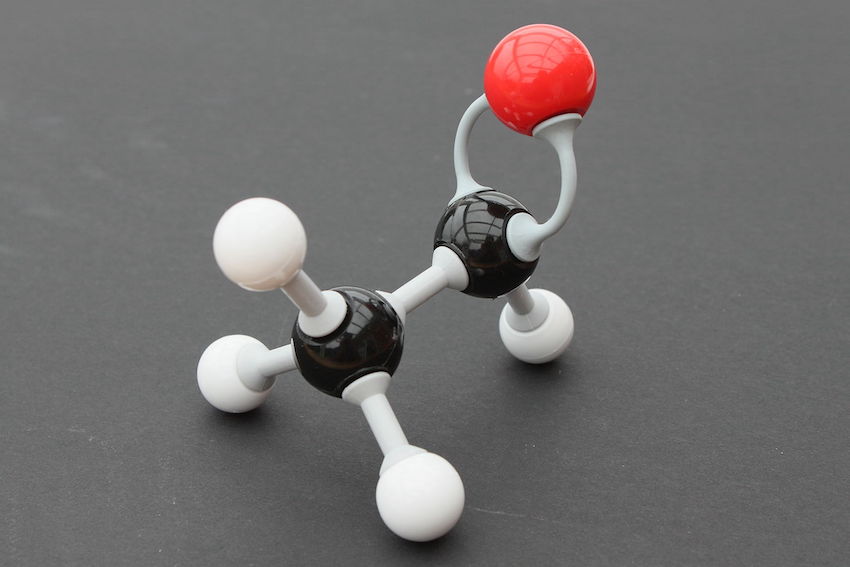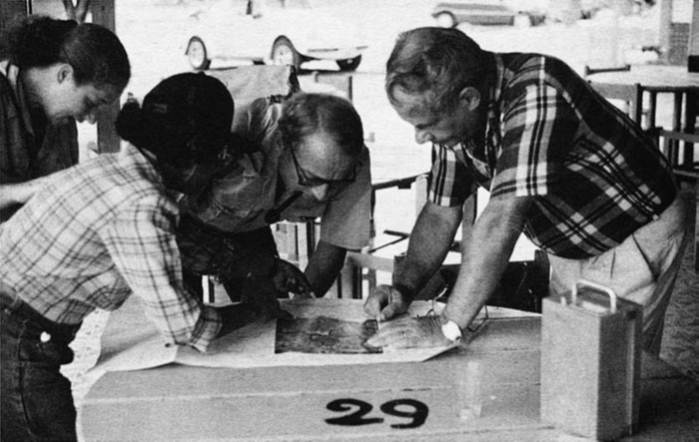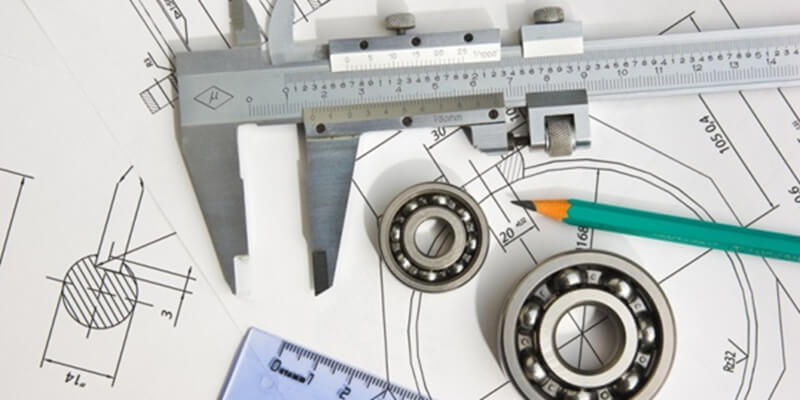SCIENTIFIC PRACTICES
A collection of finely-tuned habits–these are things good scientists do when they do science...


Asking Questions
A practice of science is to ask and refine questions that lead to descriptions and explanations of how the natural and designed world works and which can be empirically tested.

Developing & Using Models
A practice of both science and engineering is to use and construct models as helpful tools for representing ideas and explanations. These tools include diagrams, drawings, physical replicas, mathematical representations, analogies, and computer simulations.

Planning & Carrying Out Investigations
Scientists and engineers plan and carry out investigations in the field or laboratory, working collaboratively as well as individually. Their investigations are systematic and require clarifying what counts as data and identifying variables or parameters.

Analyzing & Interpreting Data
Scientific investigations produce data that must be analyzed in order to derive meaning. Because data patterns and trends are not always obvious, scientists use a range of tools—including tabulation, graphical interpretation, visualization, and statistical analysis—to identify the significant features and patterns in the data. Scientists identify sources of error in the investigations and calculate the degree of certainty in the results. Modern technology makes the collection of large data sets much easier, providing secondary sources for analysis.

Using Mathematics & Computational Thinking
In both science and engineering, mathematics and computation are fundamental tools for representing physical variables and their relationships. They are used for a range of tasks such as constructing simulations; statistically analyzing data; and recognizing, expressing, and applying quantitative relationships.

Constructing Explanations & Designing Solutions
The products of science are explanations and the products of engineering are solutions.

Engaging in Evidence-Based Argument
Argumentation is the process by which explanations and solutions are reached.

Obtaining, Evaluating, & Communicating Information
Scientists and engineers must be able to communicate clearly and persuasively the ideas and methods they generate. Critiquing and communicating ideas individually and in groups is a critical professional activity.
Page credit(s)
The introductory text used to describe each Practice is taken from the “Science and Engineering Practices” on the NGSS@NSTA website.